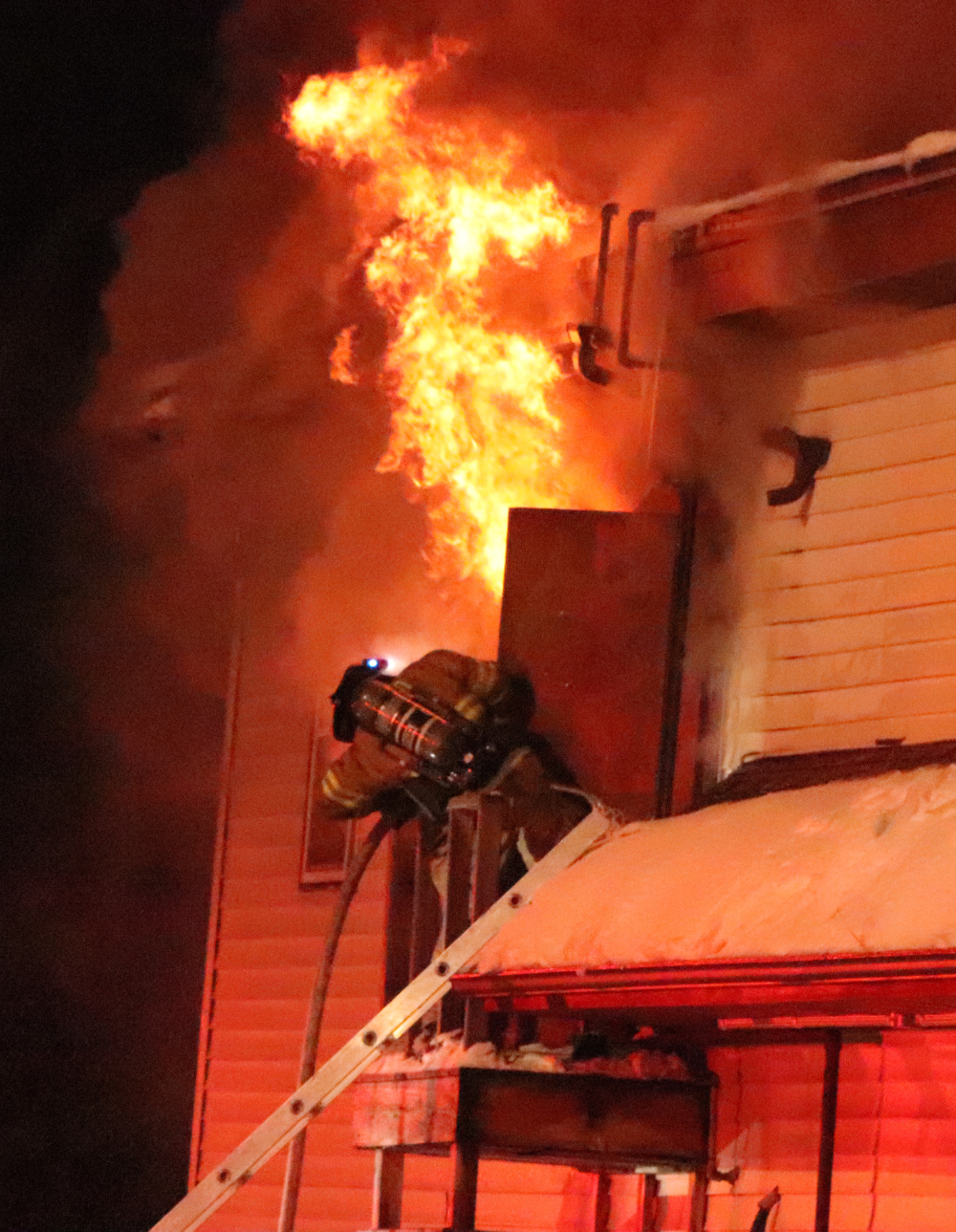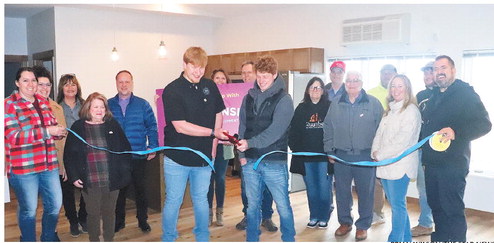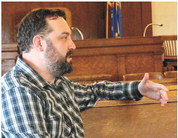Suicide prevention is everyone’s responsibility
Need support now? Know someone who does?
Contact the 988 Suicide & Crisis Lifeline if you are experiencing distress or are worried about a family member or friend who may need support.
• ...





